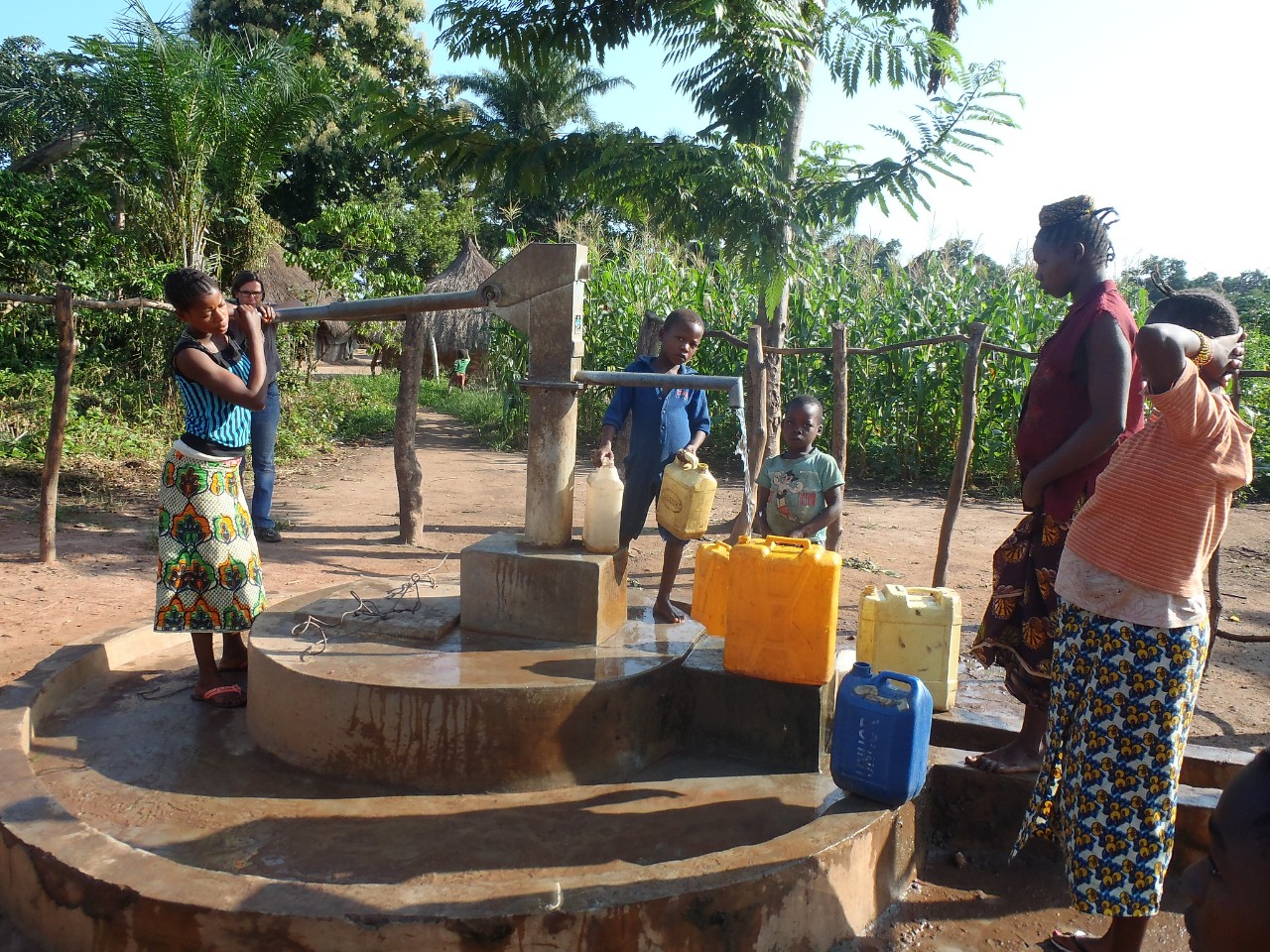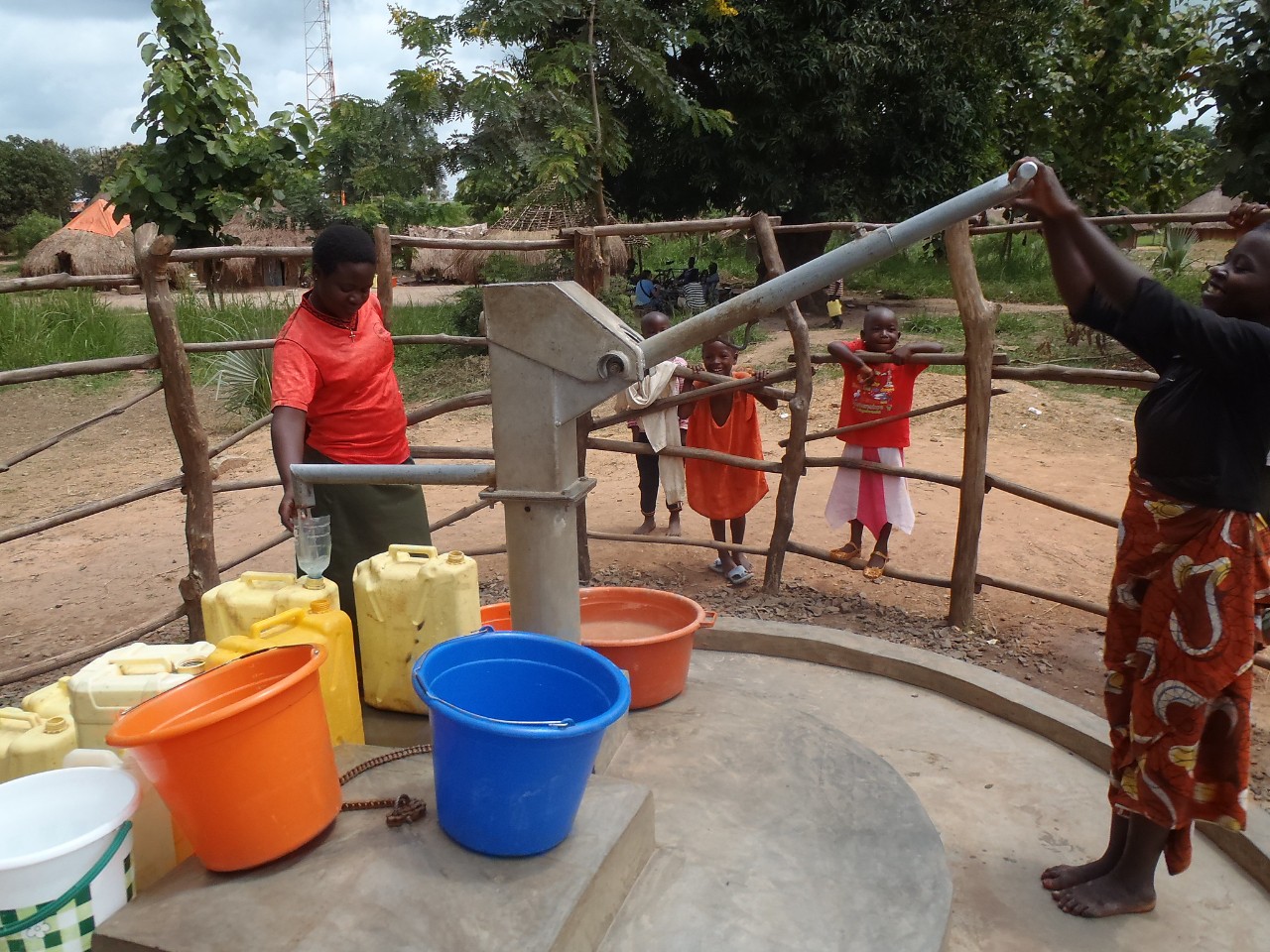As the COVID-19 pandemic continues to damage lives all over the world, we’re all learning to live with a new way of daily habits. Since The World Health Organisation (WHO) reported that one of the best things an individual can do to slow the spread of COVID-19 is to regularly clean their hands, everyone has been paying extra attention to cleanliness. Washing your hands, that was more of an automatic reaction that not many people gave a lot of thought into has become an integral part of our lives.
Hygiene, especially access to hygiene facilities is something many of us in the developed world take for granted. Whether I will be able to take a shower, brush my teeth or find running water to wash my produce is not part of my daily concerns. However, in the developing world, access to hygiene facilities, or more so the lack thereof, is a major concern.

WASH is an acronym often used in the charitable sector and it stands for: water, sanitation and hygiene. It is a critical public health issue in the developing world. Number six of Sustainable Development Goals established by the United Nations addresses exactly this: Clean Water and Sanitation.
Something that sounds so simple to the unsuspecting outsiders like us, like hygiene and sanitation, has incredibly deep layers when it comes to development, human rights and improving the life quality of people.
In many parts of the world, people don’t have access to safe water, hand washing facilities, soap or even private toilets. According to a joint monitoring report by WHO and UNICEF:
- 785 million people in the world lack even basic drinking water.
- 4.5 billion people do not have toilets that can manage waste safely at home.
- Only 31 percent of the global population have private toilets connected to sewer systems.
- Just 14 percent of people in Sub-Saharan Africa have access to facilities they can adequately wash their hands in.
- Additionally, at least 500 million girls don’t have a safe and adequate place to manage their menstrual hygiene.
-
More than 827.000 people in developing countries die as a result of inadequate water, sanitation, and hygiene each year.

WASH issues affect life expectancy, gender equality, education, health amongst many other things.
By supporting organisations with WASH programmes you’ll be helping communities around the world deal with these problems. WASH programmes are often relatively simple to install and very cost-effective. The effects of WASH stations in local communities can often be seen quickly. We picked three high-scoring organisations from our research database with WASH programmes you can donate to. You can easily donate to them through their Kinder profiles.
Max Foundation
Max Foundation’s mission is to decrease child mortality in children under five by tackling preventable infectious diseases. To do so, they provide access to clean drinking water, good sanitation and improve hygiene conditions for mothers and children. They use an integrated approach of WASH and health components. You can read more and donate if you’d like on their profile or with the Kinder widget below.
Hygiene Village Project (HVP)
HVP is a local organisation that implements water, sanitation and hygiene promotion and environmental management programmes. Their vision is to enable communities to live in an environment with reduced diseases and death rates. Their projects include installing safe latrines and adding menstrual hygiene components to existing ones. If you’d like to donate to Hygiene Village Project, you can do it on their profile or directly with the Kinder widget below..
Simavi
Simavi strives for a world in which all women are empowered to pursue their rights to live a healthy life free from discrimination, coercion and violence. Whilst working towards a mission to achieve a healthy life for all, they seek to support the right to health. The right to health is a fundamental part of our human rights and WASH and SRHR are fundamental in achieving this. Read more about Simavi’s programmes and donate here or with the Kinder widget below.




